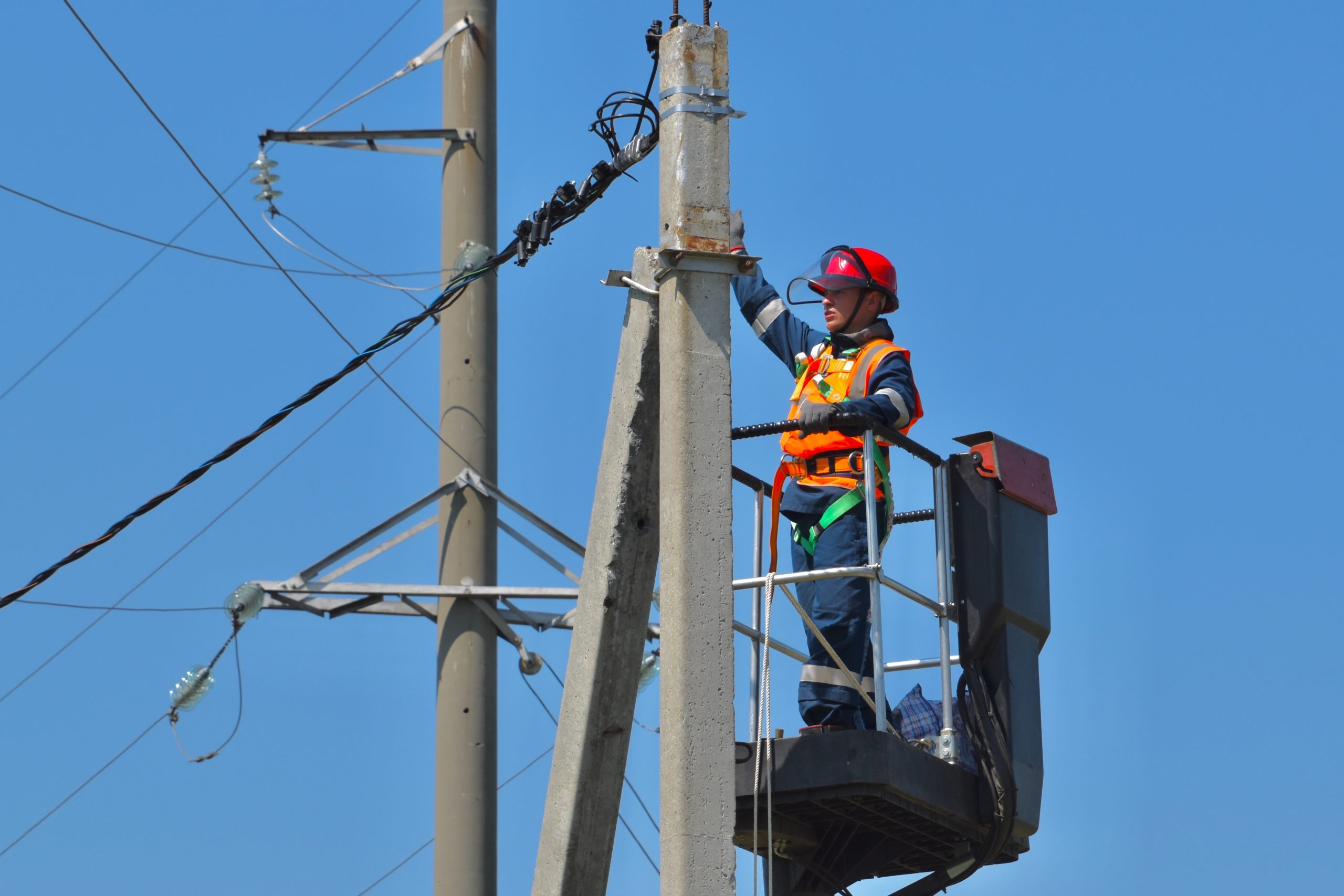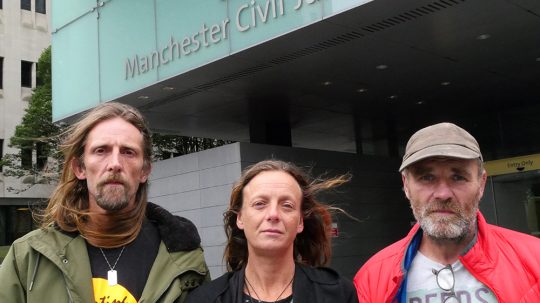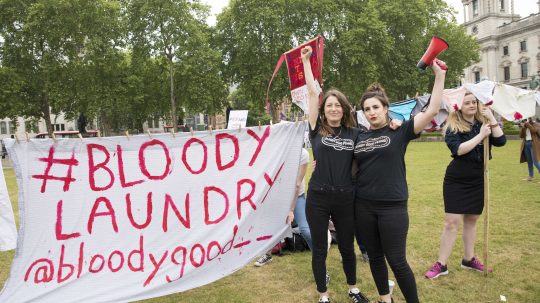Rising energy and living costs are threatening to plunge another 500,000 households across the UK into poverty, according to National Energy Action (NEA).
Last week, social media and news timelines were dominated by pictures of desperate drivers stocking up on fuel as news of shortages hit the headlines. But the rising cost of petrol is not the only fuel-related crisis on the horizon.
Fuel poverty currently affects approximately 3.66 million homes and an estimated 488,000 households are likely to join them, thanks to the latest price cap rise, which came into effect on 1 October 2021.
As energy companies fold, prices rise and the universal credit uplift is cut, some households will be unable to cope. This may especially be true for those being transferred to new suppliers after their company has folded, as they are likely to be put on a more expensive tariff.
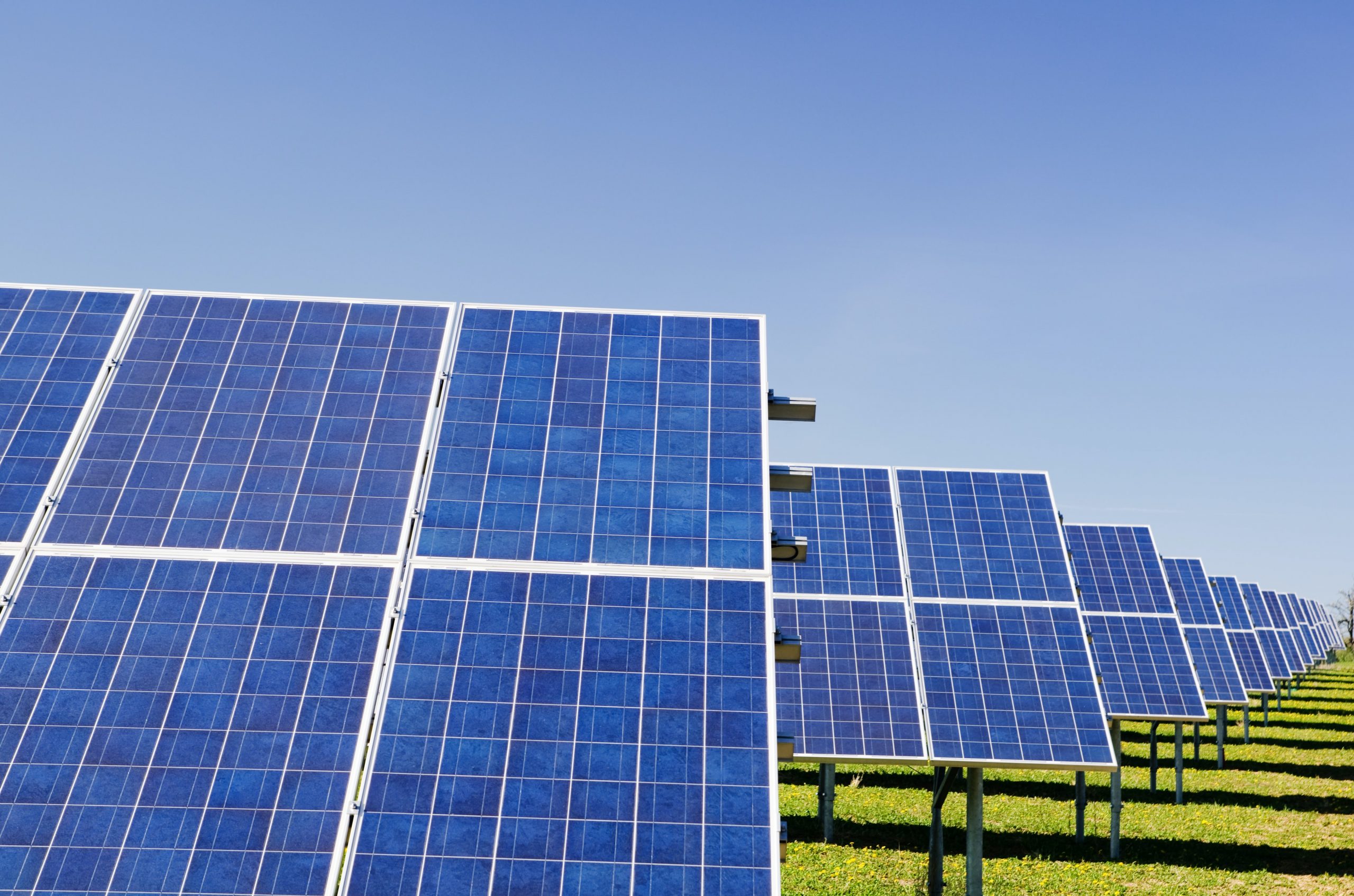
Credit: Zbynek Burival / Unsplash
“The massive, devastating increases in energy prices will drive over 500,000 more households into fuel poverty, leaving them unable to heat or power their homes,” said Adam Scorer, chief executive of NEA. “We know this situation is preventable, but Ofgem must act fast to protect the most vulnerable consumers when suppliers fail. The UK Government must also use the upcoming Budget to provide more additional emergency support so we can guard against the consequences of soaring bills and hits to millions of low incomes.”
The impact of increasing living costs could directly infringe upon rights protected in the International Covenant on Economic, Social and Cultural Rights (ICESCR). In 1976, Great Britain and Northern Ireland ratified the international human rights treaty which states that we are entitled to access to food and housing for an “adequate standard of living”. Increased living costs threaten to push households’ quality of life.
Thanks to tight supplies ahead of winter, natural gas prices have reached record highs across Europe. Costs rose by more than 70% in August, putting some smaller energy supplies out of business.

Credit: Karsten Wurth / Unsplash
Rising costs have been blamed on a variety of factors, including a prolonged cold winter over 2020-21, which drained natural gas storage, and lower solar and wind output. Gas exports from Russia have also dropped to about one-fifth of pre-pandemic levels.
“In September 2021, month-ahead gas prices surged to more than five times the price a year ago,” said Peter Smith, NEA’s director of policy and advocacy. “When combined with soaring inflation above 3% and an imminent reduction in Universal Credit, the poorest households will find it particularly difficult to keep warm this winter.”
To counteract fuel poverty, NEA is calling on the government to take immediate action. They recommend maintaining the Universal Credit uplift and having a package of “extra targeted financial support for those in need over the winter period”.
In an effort to lessen the financial toll of the coronavirus pandemic, the government has launched a £500m Household Support Fund, which will be distributed by councils in England directly to help those in need. Vulnerable households will be allocated small grants to cover daily needs, like food, clothing and utilities.
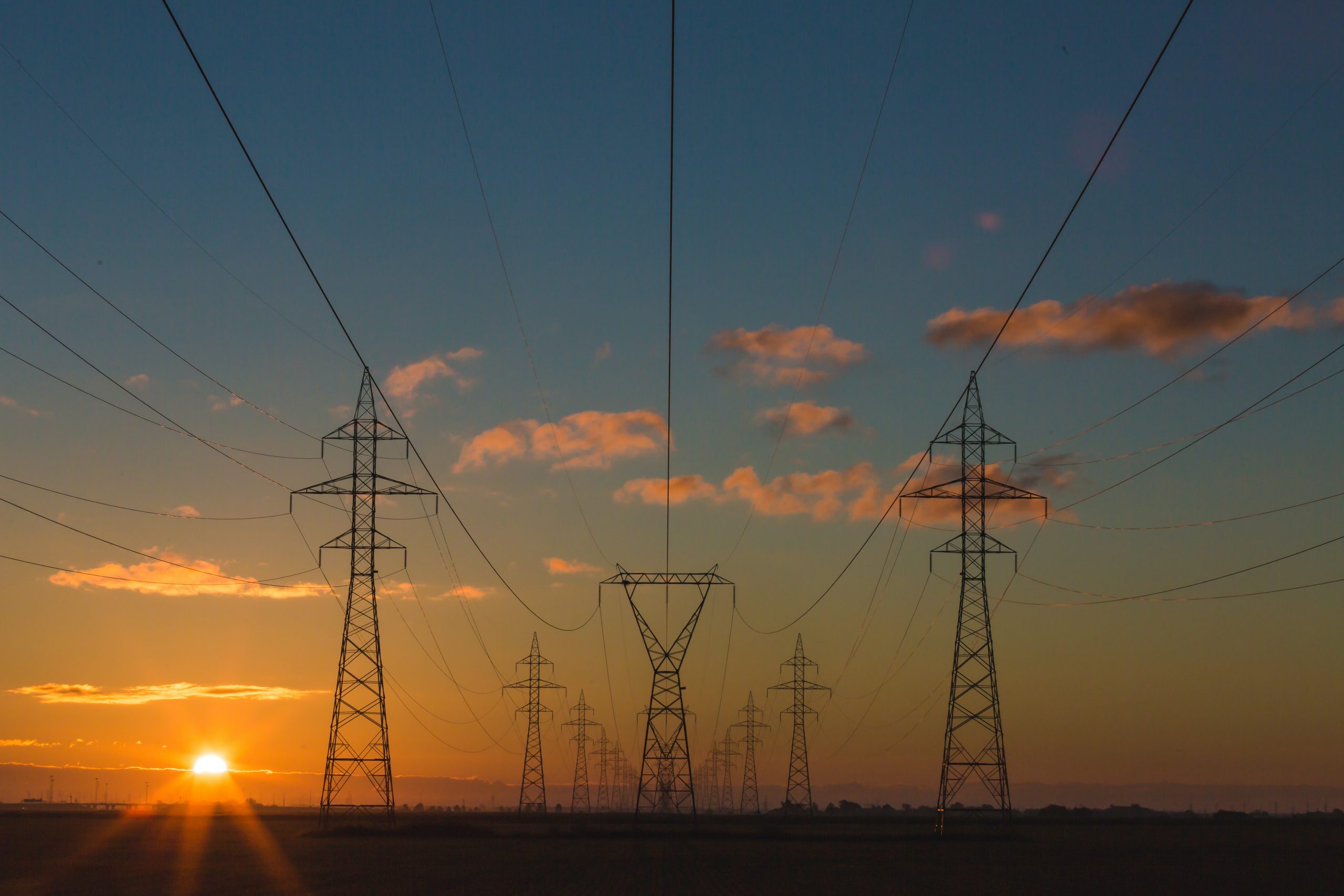
Credit: Matthew Henry / Unsplash
“The new Household Support Fund will provide some welcome support for those who can access it, but on its own it is not enough to halt the erosion in incomes and deal with rising prices,” said Scorer. “Without a wider package of support – keeping UC uplifts and more rebates to protect those on the lowest incomes from spiralling energy prices – vulnerable people are still at dire risk of premature death this winter”.
Although households could see their energy bills rise by £139 per year, the energy price cap does limit how high prices can soar. Introduced in January 2019, the cap aims to protect customers from paying too high a price for their energy.
In a statement to parliament, business secretary Kwasi Kwarteng said: “Ofgem and government have clear, well-rehearsed processes in place to make sure that all customers are supplied with energy. Our approach will be informed by the following principles: protecting customers, especially vulnerable ones, from price spikes.”
Even with the energy cap, households are facing a winter of hardship amid rising living costs. Without careful thought and action from the government, more households could be plunged into preventable poverty.

